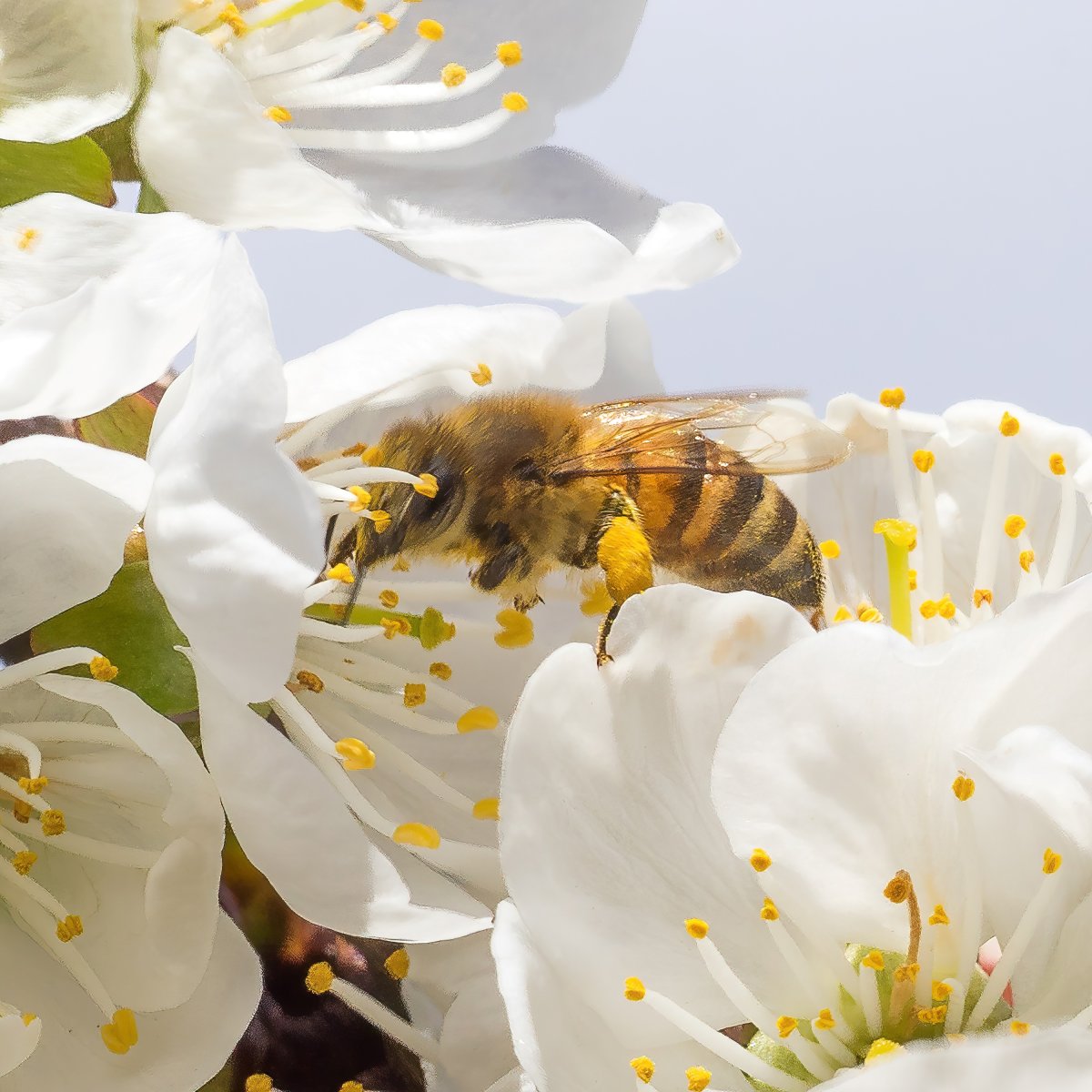Queen bees are about to get lots of attention from University of Lethbridge researchers.

The U of L has received provincial funding for a study looking into the linkage between the health of queen bees and the success of their colonies, along with factors that mitigate the relationship.
The project is being supported by a four-year grant amounting to nearly $500,000 from the Results Driven Agriculture Research (RDAR) grant.
“Dr. (Shelley) Hoover’s research aligns with a critically important priority identified by Alberta’s bee producers on the availability of a sustainable source of high-quality queens, supporting overall hive performance,” said Clinton Dobson, RDAR research director in a release.
“RDAR is pleased to partner with the Alberta Beekeepers Commission to accelerate this area of research and ensure that Alberta’s beekeepers and the honey industry reach their full potential here in Alberta,” Dobson said.
According to the university, Alberta beekeepers account for 40 per cent of all the honey bee colonies in Canada and they’ve faced high levels of winter colony loss in recent years.
In 2019-20 alone, they reported a 41 per cent colony winter morbidity rate.
“Imagine if the cattle producers lost 40 per cent of their cows over winter, it’s huge,” said Shelley Hoover, biological sciences researcher with the university.
“Beekeepers are able to make replacement colonies in a way other livestock producers can’t because a big colony can be split, but you need a queen to do that,” she adds.
Shelley also says queen health is critical for colony success and beekeepers cite poor queens as one of the most common reasons for winter loss.
“Queens are really the heart of the colony,” Hoover said.
“They’re the mother of all the workers in the colony.”
While many parasites and pathogens, along with weather and pesticides stressors, contribute to colony mortality, queen health has received surprisingly little attention.
“One reason is it’s difficult to do the research in a non-disruptive way,” Hoover explains.

She says when parasites and diseases are studied, researchers usually have to kill the bees to take a sample and analyze them.
It’s less disruptive to take a sample of 30 worker bees than it is to take a queen.
“It makes it very difficult to measure colony productivity and queen health without destroying the queen so you can get the information you need,” Hoover stated.
The research will support the work of undergraduate, graduate and post-doctoral students and the study is expected to commence this spring.
- Ontario First Nation declares state of emergency amid skyrocketing benzene levels
- ‘Sciatica was gone’: hospital performs robot-assisted spinal surgery in Canadian first
- Do Canadians have an appetite for electric vehicles? Experts are divided
- TikTok vows to sue over potential U.S. ban. What’s the legal outlook?




Comments